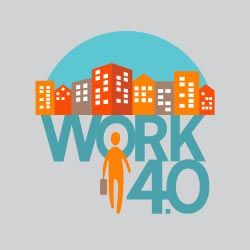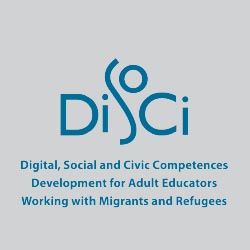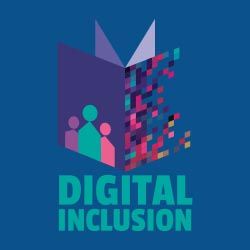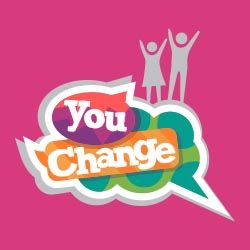Generativity: Manage it!

The project focuses on the direct impact of maximizing the capacity in fund-raising, on project management cycle and on the adoption of innovative ICT solutions. The outputs of the project consist of: (a) Five training modules base on EU guidelines and innovative PCM tools, for a successful approach to funding opportunities and sustainable project development. (b) Online tutorials in all partner languages to support beginners and professionals to learn, acquire and improve IT skills to succeed in effective and sustainable projects. The project aims to reinforce active citizenship of participants, making them actively responsible for empowering new skills and competences, for inquiring and addressing the social changes in the world of work, participating in social learning and active inclusion.



















